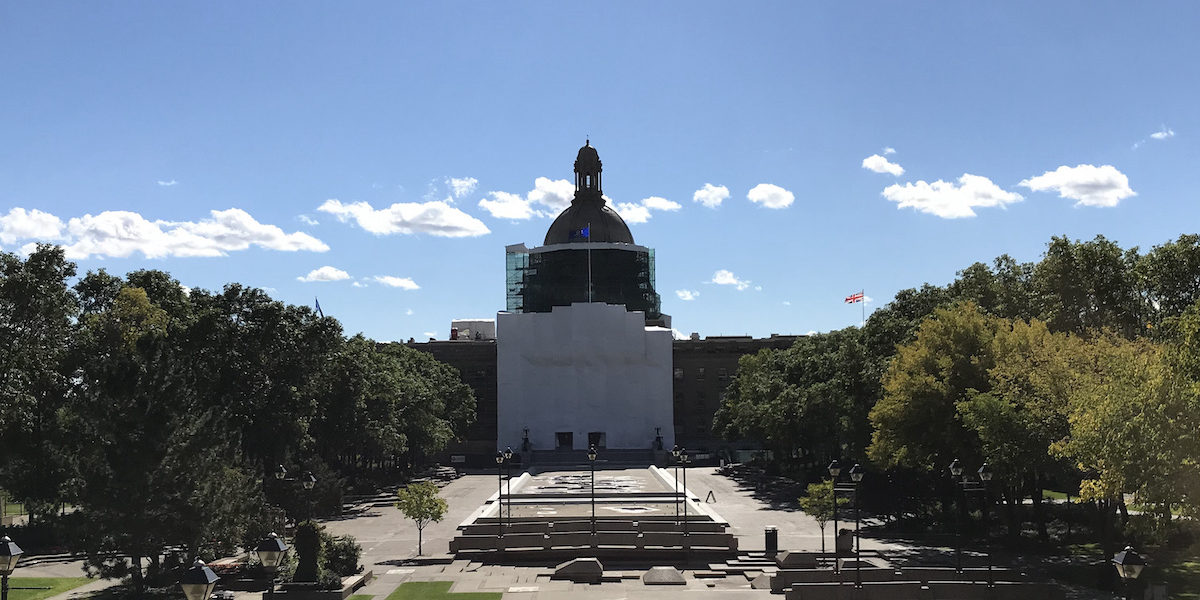A damning open letter signed by 58 physicians and research scientists assails a study commissioned by an Alberta Legislature committee examining safe drug supply programs for users of addictive drugs as being of “critically low quality” and rife with omissions and misrepresentations.
The study by a group affiliated with British Columbia’s Simon Fraser University (SFU), which concluded the researchers could find no evidence demonstrating benefits of a public supply of addictive drugs, is clearly likely to be used by the Kenney Government to justify its rejection of safe drug supply programs for users. According to the Alberta government, nearly 450 people in Alberta died of an opioid overdose in the first six months of 2020, the time period for which the most recent data is available.
The open letter to the Alberta Government’s Select Special Committee to Examine Safe Supply, which was released yesterday, highlighted eight major shortcomings in the report produced by researchers affiliated with the Centre for Applied Research in Mental Health and Addiction at SFU and expressed serious concern about “the recommendations your committee may make as a result.”
The letter says its signatories base their concerns on an assessment of the SFU group’s study done by experts at the British Columbia Centre on Substance Use, a provincial organization affiliated with the University of British Columbia with the mandate “to develop, help implement, and evaluate evidence-based approaches to substance use and addiction.”
The eight major shortcomings outlined in the open letter are:
– The report’s conclusion is not based on existing evidence
– It doesn’t accurately describe safer-supply interventions
– It doesn’t accurately describe the full range of clinical opinion on safer supply
– It doesn’t accurately describe the preferences of people who use drugs
– It mischaracterizes the expertise of researchers its authors quote
– It misrepresents the range of recommendations made by experts now evaluating safe supply issues
– It includes recommendations drawn from materials not reviewed by the report’s authors that were not based on scientific evidence
– It fails to properly analyze cost or cost-effectiveness
“We ask that you kindly refrain from basing any policy or funding decisions regarding safer supply interventions on this flawed report,” The letter bluntly concludes.
Needless to say, it’s very unusual to see researchers affiliated with one university publicly attacking the methodology used by a research centre affiliated with another post-secondary institution, across town in Vancouver’s Lower Mainland, no less.
Which is not to say that scientific researchers don’t frequently have sharp disagreements about the methodologies or conclusions of other researchers in the same field, but normally those differences are worked out through the peer-review process for academic research. In this case, however, peer-review is unlikely to apply as the paper was commissioned by a Legislature committee and not drafted for submission to an academic journal.
While the open letter doesn’t venture any opinions about why the SFU-affiliated research group would have diverged from what the UBC-associated group implies should have been standard operating procedure, the presence of the harshly worded letter certainly begs that question.
It is also unusual for an obviously serious university-affiliated research group to lob a metaphorical hand grenade into the work of a government committee in a neighbouring province.
However, perhaps in this case the intervention is less surprising since the Kenney Government committee appears to many critics in Alberta to be operating with a clear agenda to find reasons to reject safe drug supply programs no matter how effective they may be at saving lives and instead prescribe alternative treatment programs more in sync with both the UCP’s ideology and its political needs.
It is not unusual, after all, for Alberta’s UCP Government to rely on the work of researchers whose methodology may be disdained by others in their field. Most often, though, such conclusions are reached by economic think tanks like the Vancouver-based Fraser Institute, beloved by conservative ideologues and less well loved by professional economists.
The work of the Alberta committee has been fraught. In February, the four NDP MLAs on the committee quit, calling its work “an extended political stunt.” In a letter to Speaker Nathan Cooper, New Democrat MLAs Lori Sigurdson, Janis Irwin, Kathleen Ganley and David Shepherd, the Opposition health critic, accused UCP members who make up the majority of the committee of being “profoundly disrespectful to the tens of thousands of grieving Alberta families who have lost loved ones to the drug poisoning crisis, and those Albertans who are working in our communities to prevent further deaths.”
Committee Chair Jeremy Nixon, the brother of UCP House Leader Jason Nixon, responded by calling the NDP resignations a political stunt.
Among the witnesses heard by the committee was the author of a book entitled San Fransicko: Why Progressives Ruin Cities.



